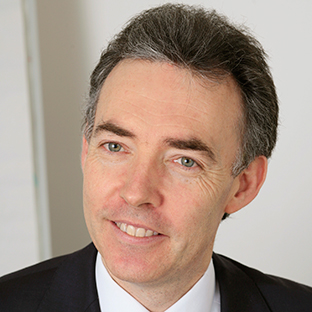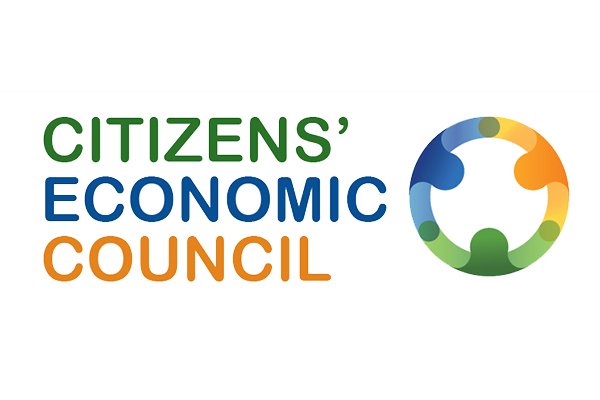Economics and economic policy matters enormously to all of us whether we like it or not. The more we all understand it the better democracy we will have and the better policies politicians will enact.
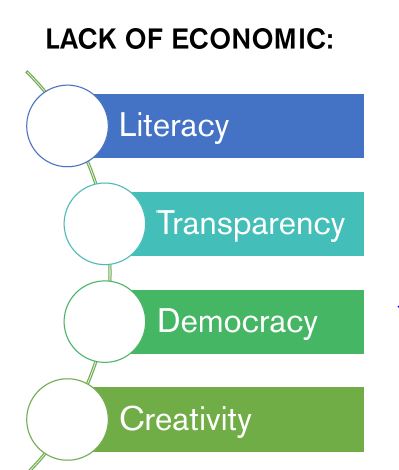
Discussion of the economy in the UK has been dominated by two contrasting narratives in recent years: before the 2008 financial crash it was a story that growth was robust and eventually would solve all problems. Since then, the narrative has focused on austerity, with spending cuts presented as the tough discipline of sound financial management. Despite its major failure in 2008, the financial system remains largely unchanged with broadly the same institutions, regulatory frameworks, policies and monetary system as before. The quality of debate about the economy fails to match the scale of the challenges we face in the 21st century.
Many people aren’t familiar or confident with the terminology used in economics. Equally, discussion of economics is often shrouded in unnecessary jargon. “Expert” opinions become accepted as objective scientific truths rather than one view among many. This lack of transparency prevents people from engaging in economic debate or holding politicians to account. The result is a lack of creativity where new ideas, with genuine potential, remain on the political margins for fear the public can’t grasp them.
The Citizens' Economic Council was the RSA’s attempt to address this democratic deficit through an independent public engagement process which brought together a randomly selected and demographically diverse group of citizens to embark on a journey of deliberation and dialogue on the economy and economic policy.
Drawing from the best contemporary thinking the council explored:
- What are the goals of an economy?
- Who should the economy serve?
- What are the trade-offs involved in economic decisions that need to made transparent and explored?
- What new, innovative economic policies can we create that represent the perspectives, wishes and values of the public?
The Council developed principles for the goals of the economy based on the values and perspectives of citizens, co-produced practical recommendations and strengthened the transparency and accountability of economic policy.
The Council’s deliberations are being used to engage the public in more informed and wider discussion and debate about the goals and priorities of economic policy through social media, a series of deliberative events focusing on economic inclusion, conferences and seminars in collaboration with self organising groups about local economic democracy, and an interactive online training course.
If you would like the opportunity to participate in the conversation join us on Twitter #citizenseconomy @citizenseconomy
If you would like to contact us about the programme, please e-mail [email protected]
Towards economic democracy
You can read about the journey towards economic democracy in our Citizens' Economic Council interim report.
The Citizens' Economic Council is a brilliant initiative that arrives at the time when it is most urgently needed. All over the world, economics is all too often portrayed as the realm of stern experts, a territory where "ordinary" citizens must not venture. The very real perils of this perspective have become all too clear: nations stumble from one crisis to the next and extreme inequality is now the defining trait of our economic systems. The best way to bring about change is for ordinary citizens to come together and actively participate in defining an economic vision for the future.
Independent Advisory Group
The programme has an independent advisory group convened to ensure a high-quality engagement process. They have combined expertise in democratic dialogue, public engagement in policymaking, financial inclusion and the role of the media in strengthening democracy.
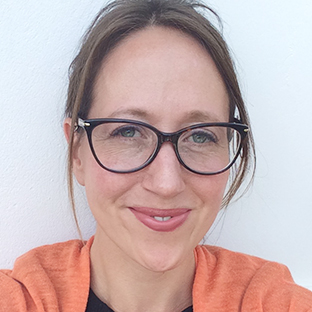
Prof Rosie Campbell
Professor of Politics, Birkbeck University
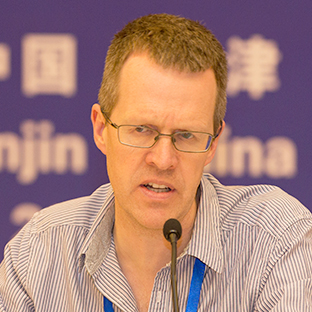
Prof Graham Smith
Centre for the Study of Democracy

Victoria Waldersee
Rethinking Economics, Project Manager of Economy
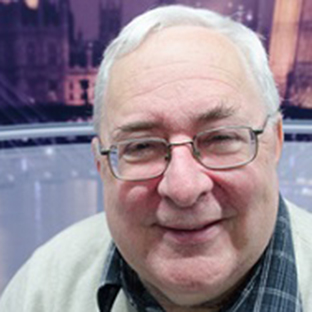
Prof Steve Schifferes
Professor of Financial Journalism, City University
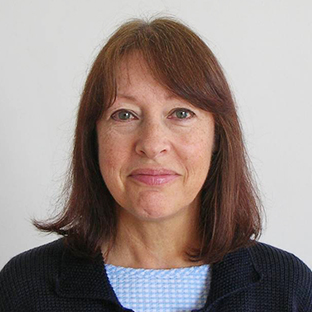
Diane Warburton
Researcher, Evaluator and Writer, Shared Practice
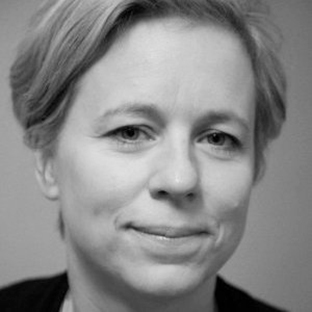
Suzannah Lansdell
Dialogue practitioner
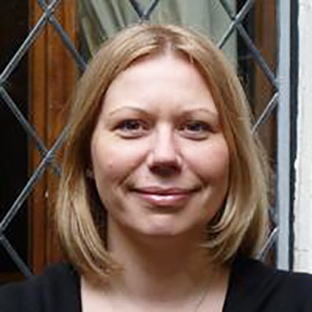
Sian Williams
Toynbee Hall, Head of Financial Inclusion

Prof Ivor Gaber
Professor of Broadcast Journalism, University of Sussex
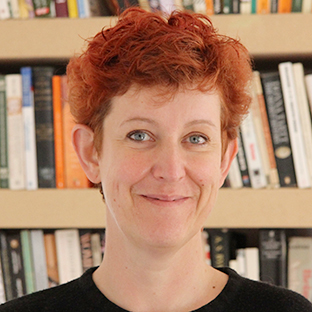
Prof Andrea Cornwall
University of Sussex, Professor of Anthropology and Development, and Head of Global Studies
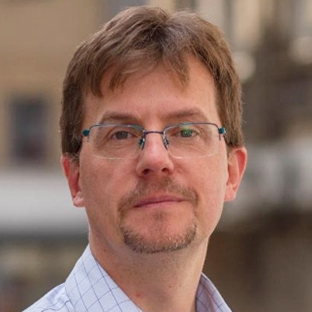
Simon Burall
Director, Involve
